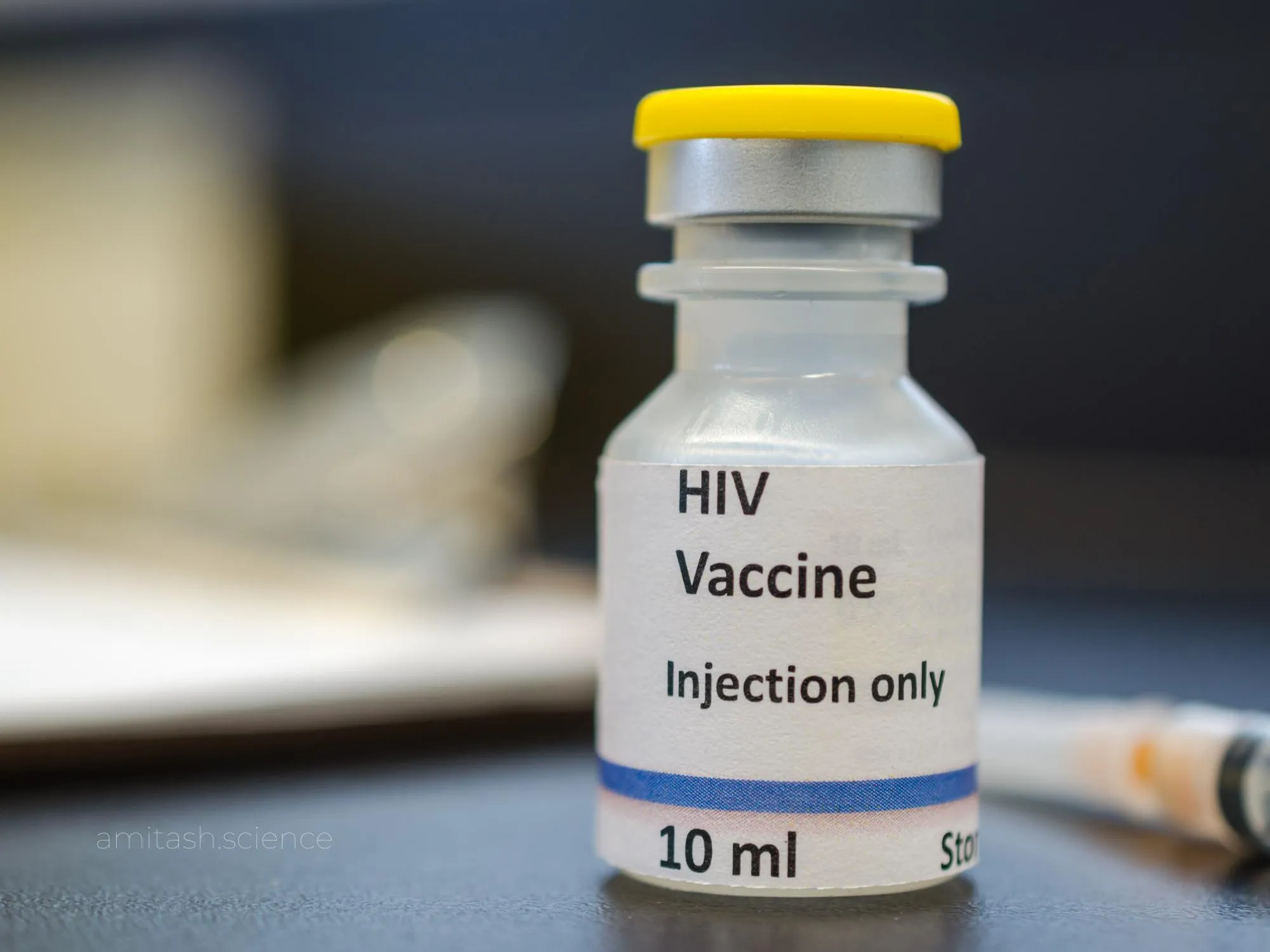HIV Vaccine Candidate Triggers Broadly Neutralizing Antibodies
An HIV vaccine candidate induces low levels of broadly neutralizing antibodies in a small group of people, setting the stage for further research to enhance immune response.

A new candidate vaccine against HIV has proven to be effective in a clinical trial.
- An HIV vaccine candidate developed at the Duke Human Vaccine Institute triggered low levels of broadly neutralizing HIV antibodies among a small group of people enrolled in a 2019 clinical trial.
- The finding provides proof that a vaccine can elicit these antibodies to fight diverse strains of HIV, and it can also initiate the process within weeks, setting in motion an essential immune response.
- The vaccine candidate targets an area on the HIV-1 outer envelope called the membrane proximal external region (MPER), which remains stable even as the virus mutates.
- Antibodies against this stable region in the HIV outer coat can block infection by many different circulating strains of HIV.
- Twenty healthy, HIV-negative people enrolled in the trial.
- Fifteen participants received two of four planned doses of the investigational vaccine, and five received three doses.
- After just two immunizations, the vaccine had a 95% serum response rate and a 100% blood CD4+ T-cell response rate - two key measurements that demonstrated strong immune activation.
- Most of the serum responses mapped to the portion of the virus targeted by the vaccine.
- Importantly, broadly neutralizing antibodies were induced after just two doses.
- The trial was halted when one participant experienced a non-life-threatening allergic reaction, similar to rare incidents reported with COVID-19 vaccinations. The team investigated the cause of the event, which was likely from an additive.
Source: Duke University Medical Center